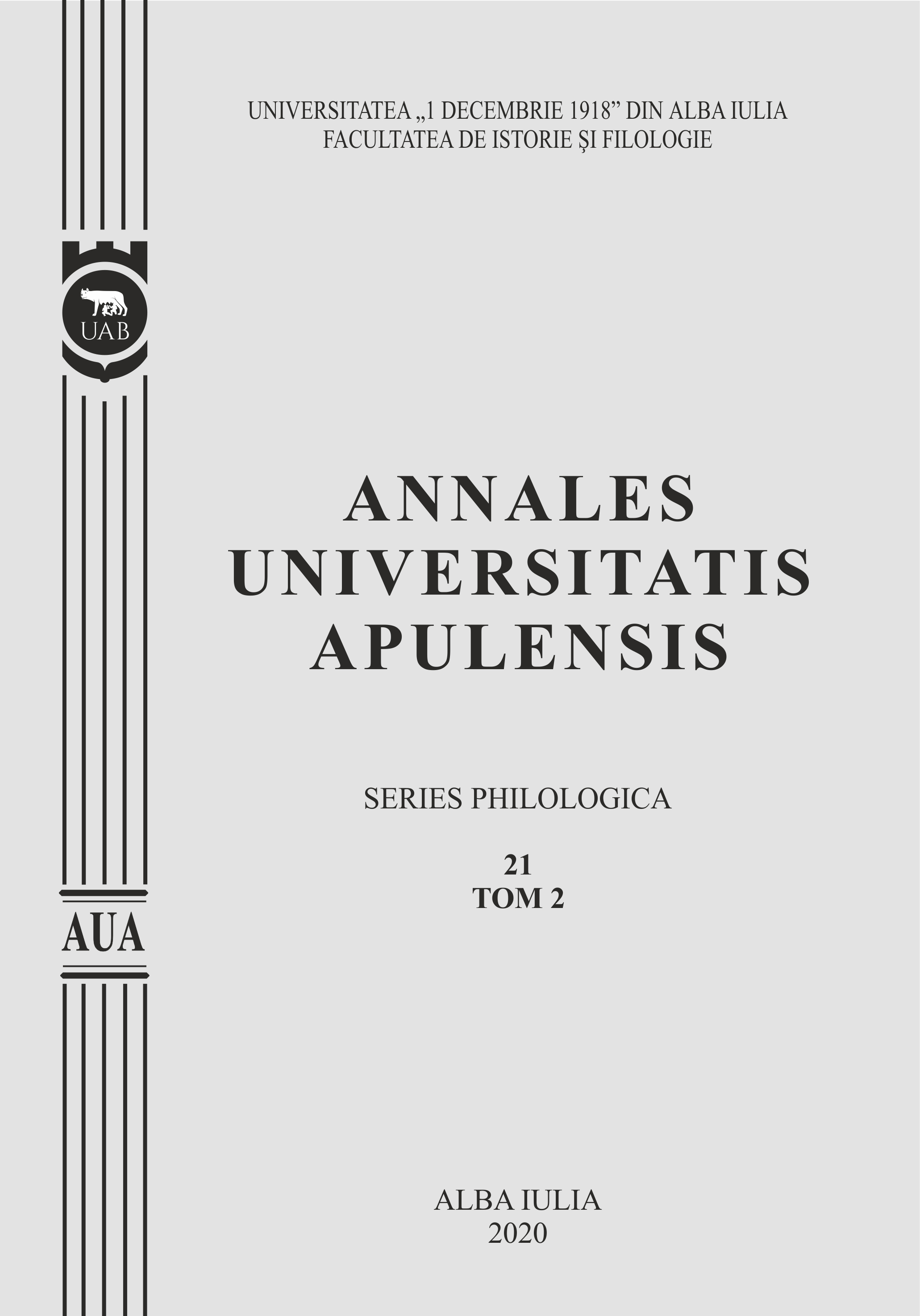PROCESUL DE ÎNVĂȚĂMÂNT ÎN MEDIUL VIRTUAL
THE EDUCATIONAL PROCESS IN THE VIRTUAL ENVIRONMENT
Author(s): Liana Crisan-TàusanSubject(s): Social Sciences, Language and Literature Studies, Education, Educational Psychology
Published by: Universitatea »1 Decembrie 1918« Alba Iulia
Keywords: educational process; online learning environment; teaching; learning; evaluation;
Summary/Abstract: The current education systems adapted to the specific educational requirements of a diverse student population were built on the foundation of modern, contemporary pedagogical principles and ideas, which emphasise the importance of building competencies, and are characterised by the following dimensions: rethinking the role of the student, who is now the subject of education; utilising technology in education (computer, internet, virtual classes) when it comes to educational design, as well as organizing and monitoring the teaching-learning act; the prevalence of interactive experiences that generate in-depth learning, such as: cooperative learning, lessons based on life experiences, debates, action learning models; reconstructing the school space with the purpose of facilitating interactions, cooperation, the exchange of experiences, opinions, and active listening.The educational process involves a formal framework of organization and development, provided by the school – as the main educational agent –, and represents a progressive process of introducing the child to the mysteries of knowledge, a process of shaping the child’s personality in a specific environment in which scientific, literary-artistic, and technical-practical content is capitalised on. The educational process involves a set of actions undertaken in a conscious and systematic manner by the educators and aimed at those being educated, within an organized institutional framework, with the purpose of shaping the students’ personalities in accordance with the requirements of the educational ideal. It is the complex, intentional, programmed, organized, and conscious activity of teaching and learning.Thanks to the presence of the educator as a person invested by society and specifically trained to lead the educational process, he is considered to represent the highest form of organization of education – the main means by which society trains and educates the young generations. Transferring the didactic activity into the virtual environment, due to the current restrictive conditions imposed by the coronavirus pandemic, implies a series of changes brought to the activities that are part of the dynamic design of the educational process: teaching, learning, assessment. The paper aims to identify students’ perceptions regarding the advantages and disadvantages of online education, as well as intending to analyse the main changes that occur in an online environment at the level of the teaching-learning of new content and the assessment of students’ academic performances. Considering that they are presently a necessary way of carrying out the didactic activities, imposed by the current restrictive conditions, the teaching, learning and evaluation activities undertaken online cannot constitute an alternative or a substitute to the face-to-face instructive-educational activity; however, they have proven their strengths as complementary activities to the latter.
Journal: Annales Universitatis Apulensis. Series Philologica
- Issue Year: 21/2020
- Issue No: 2
- Page Range: 267-274
- Page Count: 8
- Language: Romanian

